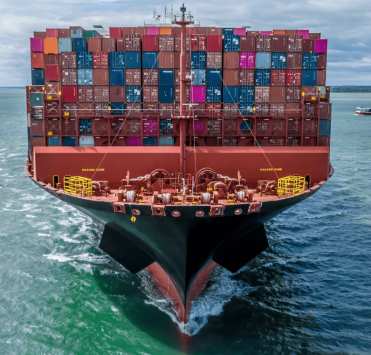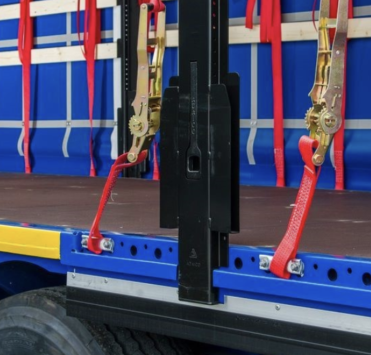EXW vs FCA: What are the differences and who is responsible for what

29 August
EXW (Ex Works) and FCA (Free Carrier) are two of the most common Incoterms (International Commercial Terms) that define the obligations of the seller and buyer in international trade. Both terms regulate the conditions of goods delivery, but they differ in the level of responsibility and costs that the parties must bear.
EXW (Ex Works)
- Seller’s obligations: The seller is required to make the goods available to the buyer at their premises or another specified location (e.g., at the warehouse). The seller is not obligated to load the goods onto the buyer's transport vehicle and is not responsible for export customs formalities. All responsibility for transportation, insurance, and risks associated with the goods from the moment they are made available falls on the buyer.
- Buyer’s responsibilities: The buyer bears all costs and risks associated with transporting the goods from the seller's premises to the final destination. This includes loading, export customs clearance, transportation, insurance, and import formalities.
FCA (Free Carrier)
- Seller’s obligations: The seller is responsible for delivering the goods to a location specified by the buyer and loading the goods onto the transport vehicle if the place of delivery is at the seller’s premises. The seller is also responsible for export customs formalities.
- Buyer’s responsibilities: The buyer assumes all costs and risks from the moment the goods are handed over to the carrier at the specified location. This includes further transportation, insurance, and import formalities.
Our services on the topic of the article:
Risks and Insurance
- EXW: Since the buyer assumes all risks and costs from the moment the goods are on the seller’s premises, the buyer must organize transportation, insurance, and risk management in advance. If anything happens to the goods before they leave the seller’s premises, the buyer is responsible.
- FCA: The seller bears the risks until the goods are handed over to the carrier. From that moment, the risks transfer to the buyer. This makes FCA more convenient for the buyer, as the seller is responsible for organizing export formalities and the initial stage of transportation.
Customs Formalities
- EXW: The seller does not participate in the preparation of export documents, which can complicate the process for the buyer, especially if the buyer is unfamiliar with the laws of the exporting country or if the export documents are difficult to obtain.
- FCA: The seller is required to prepare all necessary export documents and complete the appropriate procedures. This simplifies the import process for the buyer, particularly if they do not have experience with customs formalities in the seller’s country.
Who It Suits
- EXW: This term is convenient for sellers who want to minimize their responsibility and involvement in the delivery process. It can also benefit buyers with a strong logistics network that can easily organize the entire transportation and customs clearance process.
- FCA: This term is better suited for situations where the seller is willing to take responsibility for the initial stage of delivery and export formalities. It is especially useful for buyers who want to simplify the export process, leaving document preparation to the seller.
Usage Scenarios
- EXW: Often used in domestic shipments or when the buyer is well-acquainted with the export process from the seller’s country. It is also suitable for purchases by large companies with their own logistics infrastructure.
- FCA: Commonly used in international shipments, especially when the buyer does not want to delve into the complexities of export. It is suitable for deals where the parties are in different countries, and it is more convenient for the buyer to have the seller handle the initial stage.
Conclusion
The choice between EXW and FCA depends on the degree of responsibility and risks the parties are willing to assume. EXW minimizes the seller's obligations and shifts most of the responsibility to the buyer. FCA distributes responsibilities more evenly, providing the buyer with greater confidence in the delivery and customs clearance process.









